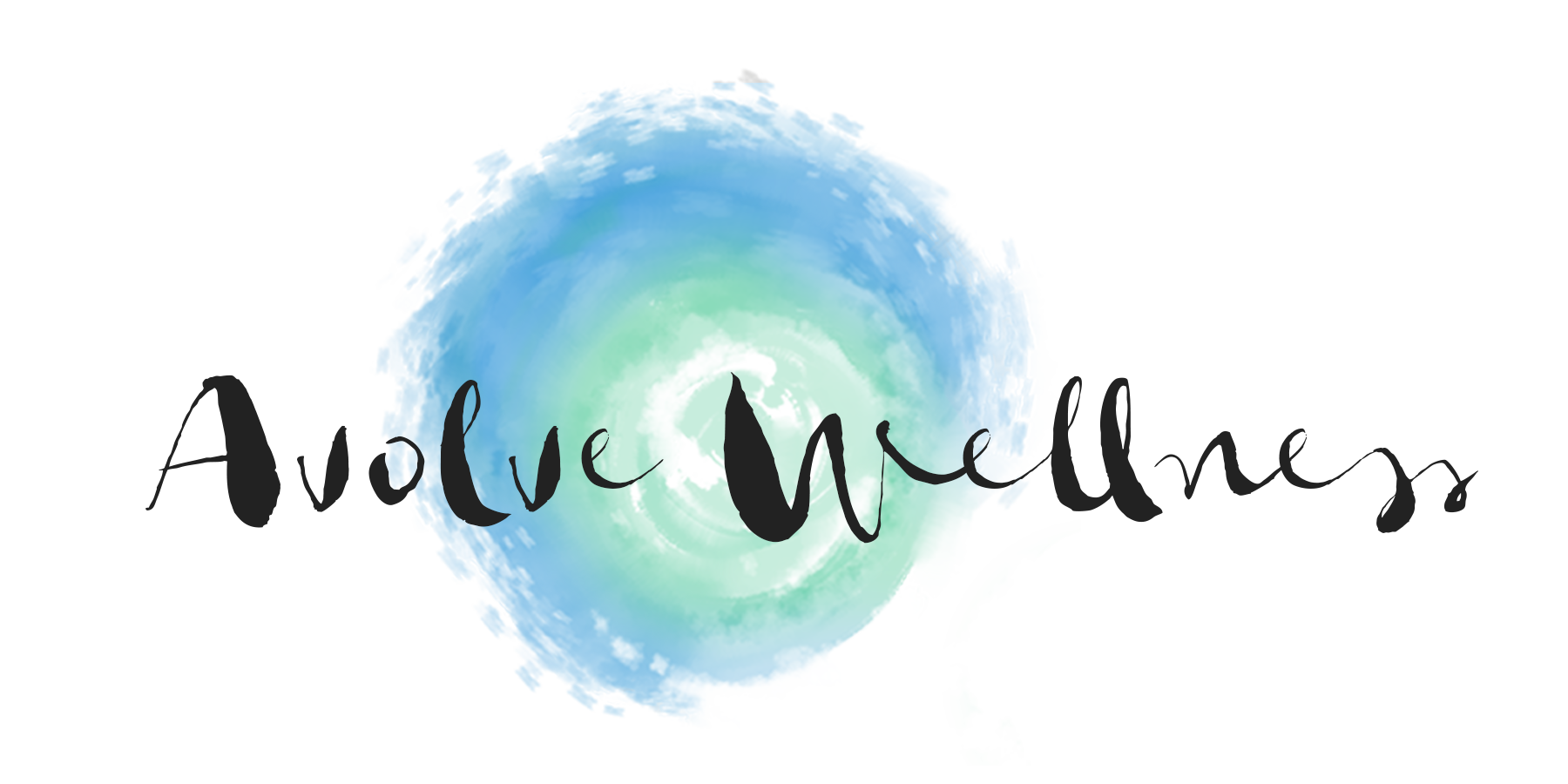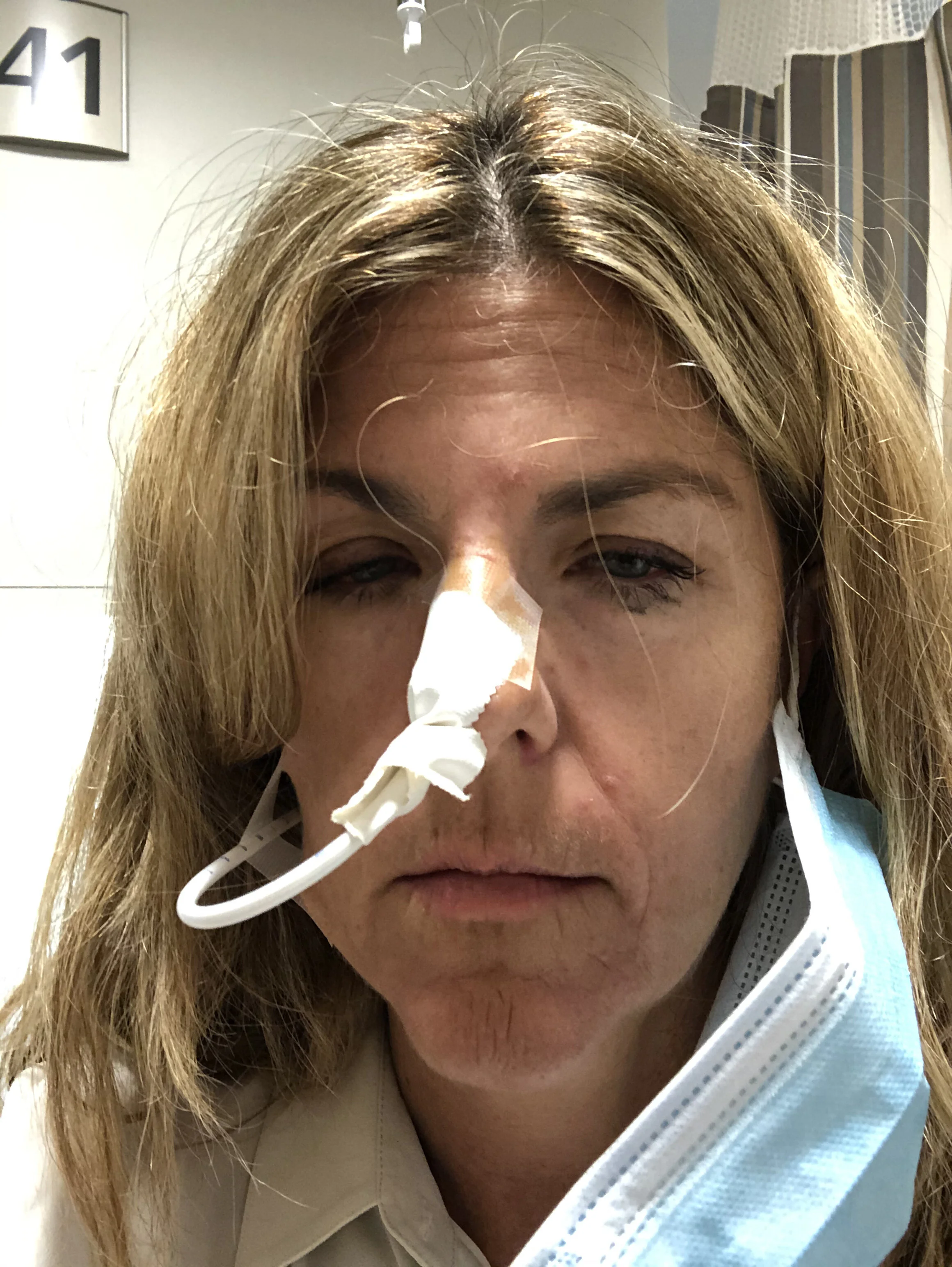Lessons from Chronic Illness
I snapped this selfie, right after the nurse returned my backpack and phone, after waking me up from the anesthesia. One thing I’ve learned from managing a chronic illness- Propofol and mascara is NOT a good look! However, I wanted to feel confident and even look good for the medical team. War paint if you will.
.
Last month I was nervous as I awaited three procedures to check my esophagus. Talking to the nurses kept me calm. Nurses are the best! The doctor showed up once I had been stripped of my possessions, it was hard handing over the phone, my wedding rings, (pro tip- leave valuables at home) wallet, clothes- dressed in that thin hospital gown that I twisted into a series of fancy knots.
.
I was diagnosed with achalasia 19 years ago. The symptoms came to light when I was pregnant and struggled to keep any food down. I’d sit in the parking lot at Smoothie King after sucking down a Muscle Punch and pray that it would stay down. Whoops- I pushed open the Jeep door and hung my head over the side. Walk back in and buy another. For one- that’s expensive! Sixteen dollars’ worth of pink smoothie left on the asphalt. Damn. My ob-gyn was perplexed- “just eat crackers and sip ginger tea” she sighed, a tinge of exasperation in her voice. In the newsroom, as a writer for CNN International I’d snap at anyone who said “you don’t even look pregnant.” I managed to gain twenty pounds but threw up multiple times a day, at times choking on my saliva. I was five months pregnant when 9/11 happened. I sat in the newsroom, copyediting and at times not even getting up from the chair- swiveling my upper body to throw up in the trashcan at my feet. We had a deadline to meet.
.
The disorder is now thought to be related to autoimmune and can be triggered by the hormones associated with pregnancy- but still very little is known.
.
Once my son was born the throwing up didn’t stop. We moved to NYC when my son was three weeks old, his dad, two dogs, two cats in a Jeep heading to a loft in Williamsburg, Brooklyn for my then-husband’s job. It was four months after 9/11, when many New Yorkers were fleeing the city. Bomb-sniffing dogs patrolled bridges and subways. People would tell me their stories- where they were when the Twin Towers were attacked. My landlord saw the billows of smoke and got his little dinghy, crossing the East River to get his children from their school on the lower East Side. It seemed everyone I met had a broken heart. I was trying to figure out how to be a mom and keep some food in my stomach. I’d load my son into his stroller and set out for the day, stuffing a few plastic grocery bags in the stroller bin. You never know when I would have to throw up, a few times I felt that familiar chest-clenching on the subway, and I’d pull a bag out, do my thing and once the train stopped, toss the bag into a trash bin. No one on the subway seemed to notice, which was fine with me.
I rapidly lost weight. One of my sisters hinted that she thought I was anorexic. “You’re stressed,” she said. “What is it you don’t want to swallow?” She was right, but I was defensive. “I am trying to eat; it just keeps coming back up!”
While there is always an emotional component to any illness, I wasn’t quite ready to see- I was not happily married, my pregnancy had been a surprise, I was terrified of living in NYC post 9/11. I was often weak and down to almost 97 pounds. All the while people actually said “you look GREAT.” I was starving, could feel the articulation of my spinal column when I laid on the floor. Yoga made me feel better- more relaxed, I could often keep food down if I held my arms over my head and took deep breaths.
Once the diagnosis came it was a relief. Achalasia. A neurodegenerative disorder of the esophagus. The nerves stop working and the lower valve that opens to let food move into the stomach is closed shut. No known origin. .
Yet there were many gifts- I became more compassionate toward anyone who is a medical mystery or who needs surgery. So many of us hear “it’s all in your head” even from the medical community. I feel grateful that it only took a year to get diagnosed & that I was near a center for excellence and had health insurance.
.
The diagnosis and subsequent surgery saved my life. I was able to eat again and gained weight.
.
But after that, I put the disorder on the back burner. I watched what I ate, gave up most alcohol (a trigger for spasms) practiced yoga, kept my stress relatively low.
.
Fast forward 19 years- last month I got a routine CT (coronary calcium test) to screen for heart disease. If you are over 50 and have a family history of heart disease, you may ask your doctor if you need this test, it’s a super simple, painless scan that shows if you have calcium building up in your arteries. The hospital tech delivered the news on the phone- “you have no signs of heart disease, (yay) BUT your esophagus is filled with debris and you need to get it seen ASAP to make sure there are no lesions.”
“Yes, I know, I have this disorder, and had surgery for years ago…” I trailed off, thinking I had not had my esophagus checked for 19 years!
.
Google “esophagus lesions” and you’ll see “cancer- 95% death rate.” Oh shit. I knew I had this disorder, lived with it for years but also didn’t want to be defined by this. I am a healthy woman- an athlete who practices yoga, swims and hikes. I am a health coach, married to a medical professional. But I also was seeing symptoms creep back in last year- coughing at night, chest pain after eating dinner.
.
One thing doctors agree on- achalasia is progressive.
.
That’s what led me to Emory University for a trio of tests to decide what to do next. The good news- no cancer.
.
During this time, I have talked to friends and family. Here are tips on what TO and what NOT TO say to a loved one who has a medically diagnosed chronic condition (that you are not familiar with):
.
What NOT to say:
-Have you tried eating papaya?
-I think I have it too!
-What about going to a chiropractor?
-Why did you wait so long to get it checked?
What TO say:
-I am here for you.
-How can I help?
-How are you feeling right now?
-Wow, I can’t imagine what that is like, tell me more.
-Listen deeply.
-Offer jokes or gifts your loved one likes
.
Those of you who DO have a chronic health condition- it’s not your fault. You already know you have to become a detective, a self-advocate and at times may need support.
As a nationally board-certified Health Coach, I am trained to offer emotional support and resources. If this sounds like you, reach out for a free call with me.

